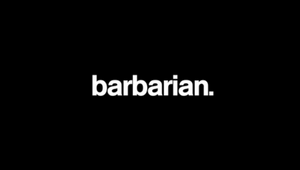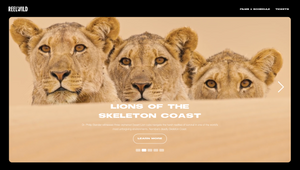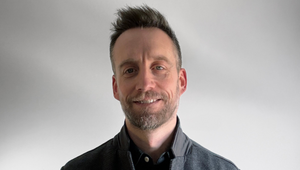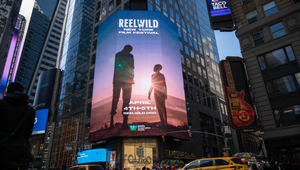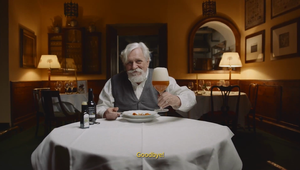
Adam Gloo on the Importance of a Strong Company Culture
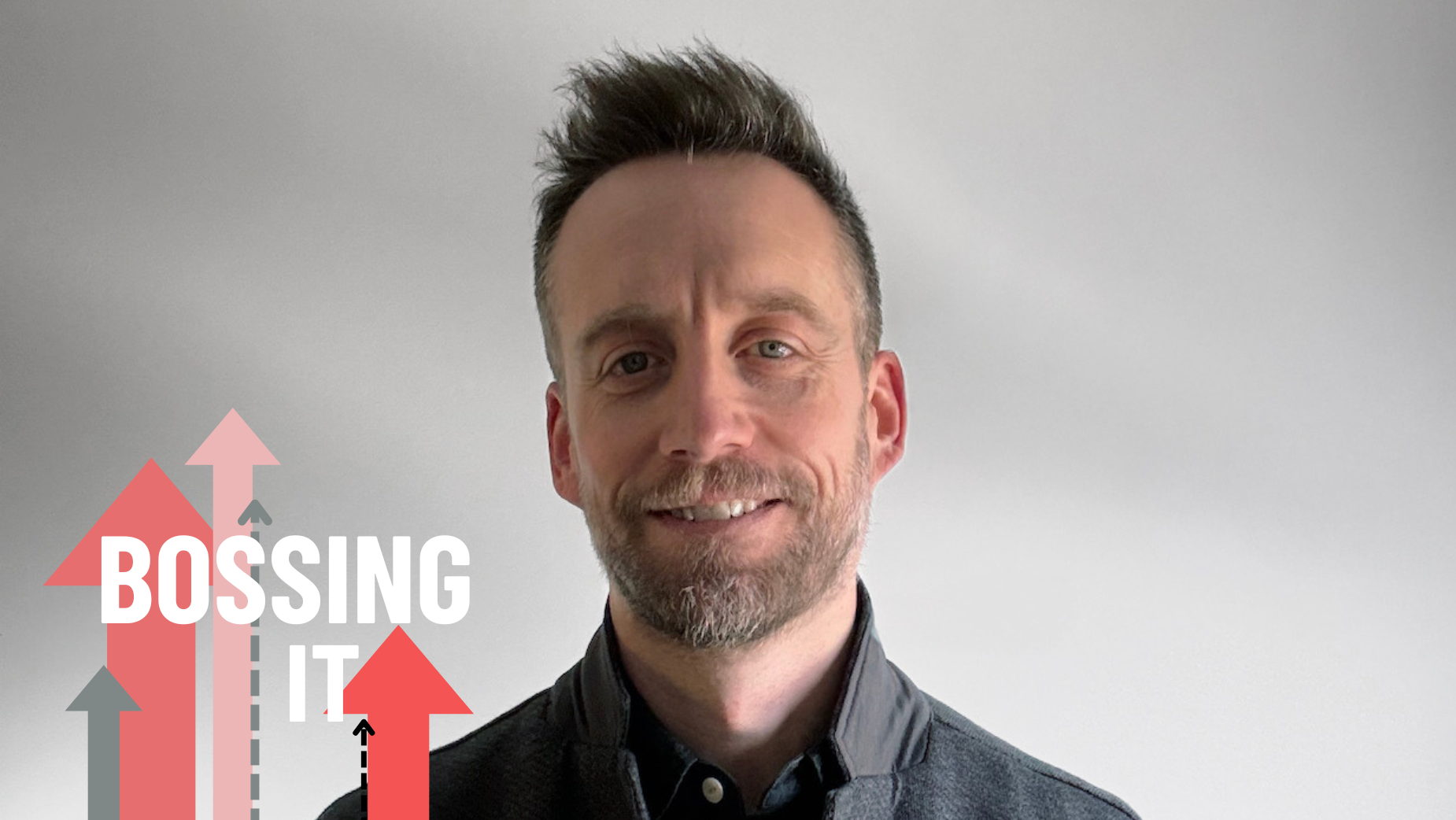
Adam Gloo is an award-winning creative lead, and CCO at The Barbarian Group, a Cheil-owned creative agency. Before joining Barbarian, Adam spent nearly two decades leading creative teams at SPCSHP (formerly Big Spaceship), VML and 360i, driving breakthrough work with top-tier clients including Starbucks, HBO, Oreo, Absolut, Google and Dairy Queen.
For Adam, great leadership starts with understanding people – whether it’s analysing prospective clients to steer a new business pitch, identifying and nurturing the strengths of his creative teams, or unpacking a particular audience mindset. He is also keenly aware of the importance of maintaining strong interpersonal relationships, both within his team and with clients, especially in a hybrid work setting.
With a passion for creativity, and a human-first approach to leadership, Adam is set on bringing a fresh and compelling perspective to modern advertising.
He recently sat down with LBB to look back on early lessons in leadership, captaining his collegiate soccer team and adopting tactics, behaviours and mannerisms throughout his career.
LBB> What was your first experience of leadership?
Adam> My first experience with leadership was actually being named captain of my collegiate soccer team. It was interesting to me at the time because I was absolutely not a star player on the team. I was good enough, and I think my coach recognised that I was capable of communicating well with all of the different personalities on the team. And I worked my ass off. In retrospect, it was a bit of an eye-opener in terms of leadership versus excellence in execution.
LBB> How did you figure out what kind of leader you wanted to be – or what kind of leader you didn’t want to be?
Adam> Observing the leaders I’ve had. I‘ve adopted tactics, behaviours, and mannerisms from every good leader I’ve ever had (or worked alongside) for the past two decades. Starting with a design director who managed me at Buffalo News and taught me the importance of pixel perfection.
Also, I’ve learned just as much from leaders whose decisions I didn’t agree with.
LBB> What experience or moment gave you your biggest lesson in leadership?
Adam> Observing what I perceived as missteps or failures of my own past leadership has actually taught me the most about the kind of leader I want to be – via the type of leader I do not want to be.
LBB> Did you know you always wanted to take on a leadership role? If not, when did you start realising that you had it in you?
Adam> I definitely did not always have a leadership role in mind when I imagined my career – or even as I moved through its early stages. I think I realised I had it in me once I reached director level, and realised how much I enjoyed seeing and helping creatives on my team succeed in their own careers.
LBB> When it comes to 'leadership' as a skill, how much do you think is a natural part of personality, how much can be taught and learned?
Adam> I would feel confident saying it’s about 50/50. I’ve known a few of what I would call ‘natural leaders’ in my career, but I’ve also seen creative leaders make amazing adjustments to their own styles or behaviour's, and unlock a whole new version of who they are as leaders. It’s always very impressive to see that self-awareness pays off.
LBB> What are the aspects of leadership that you find most personally challenging? And how do you work through them?
Adam> When someone tells me I need to do something that doesn’t feel like something I would naturally do. A Cannes wrap-up ‘thought leadership’ piece. A salesy interview. I often need to sit with those opportunities and take the time to figure out how I can take care of those responsibilities in a way that retains the honesty of who I am as a person.
LBB> As you developed your leadership skills did you have a mentor, if so who were/are they and what have you learned? And on the flip side, do you mentor any aspiring leaders and how do you approach that relationship?
Adam> Yes and yes. My mentors have been bosses, peers, and even family members. I’ve learned the importance and power of being yourself from them all. But from family, my biggest lessons have been about remaining human as you become a leader. From bosses I’ve learned tactics to deal with the more difficult parts of leadership. From peers I’ve learned how to stay open to the perspectives of others as you grow professionally. You’ve got to stay open to input from every direction to maximise your growth as a leader.
LBB> In continually changing market circumstances, how do you cope with the responsibility of leading a team through difficult waters?
Adam> By being curious and decisive. Balancing these two to always be aware of the options in front of you, while maintaining a strong enough POV to choose a path and keep forward momentum going (rather than allowing all of those possibilities to make you freeze up or delay progress).
LBB> As a leader, what are some of the ways in which you’ve prioritised diversity and inclusion within your workforce?
Adam> Not hiring for ‘culture fits.’ While it feels natural to hold on to that goal while hiring, I’ve learned what you really want is diversity of opinion/perspective/knowledge. Also – not always giving important tasks to ‘those who have proven themselves’. This sort of inadvertent favouritism can limit growth of the wider team, and limit the variety of concepts you receive on a brief.
LBB> How important is your company culture to the success of your business? And how have you managed to keep it alive with increases in remote and hybrid working patterns?
Adam> Culture is extremely important. When culture degrades, I’ve seen a close-knit agency crew be reduced to what felt like a collection of ‘highly talented freelancers.’ Same people, but easily 25-50% reduction in output and job satisfaction.
If the only reason people can say your company is great is ‘because the people’ without any further detail, then watch out. You need a shared ambition. An excitement and optimism that pushes people to push themselves. You need people you can learn from AND enjoy hanging out with.
You need to retain the fun, or you might as well be an accountant (sorry accountants, hope you have fun too).
LBB> What are the most useful resources you’ve found to help you along your leadership journey?
Adam> Find many mentors. Peers, bosses, a random older person in your office (I can say that because I’m an old now). Just talk to people - they likely want to talk and want to help you grow.
Also, reading. Read as much as you can. Non-fiction, fiction, self-help, science, the books your kids are assigned in school. I believe in the power of various inputs and data sources to fuel unique inspiration, and that the best ideas are a combination of various existing ideas that have not yet been combined. Go learn more… and invent something new as a result.
A few random favs:
- ‘Creativity Inc.’
- ‘Wanting’
- ‘Hegarty on Advertising’
- ‘The Creative Act’
- ‘The Book Thief’
- ‘Ender’s Game’
- ‘Smarter Faster Better’









